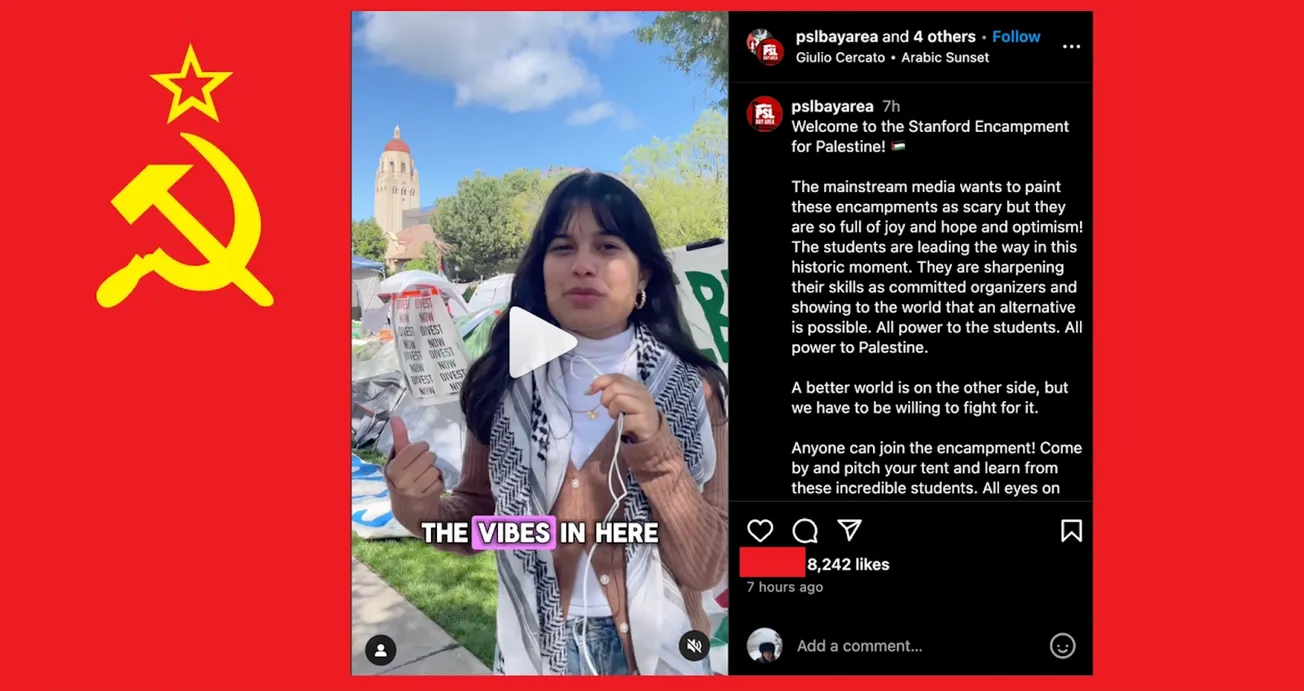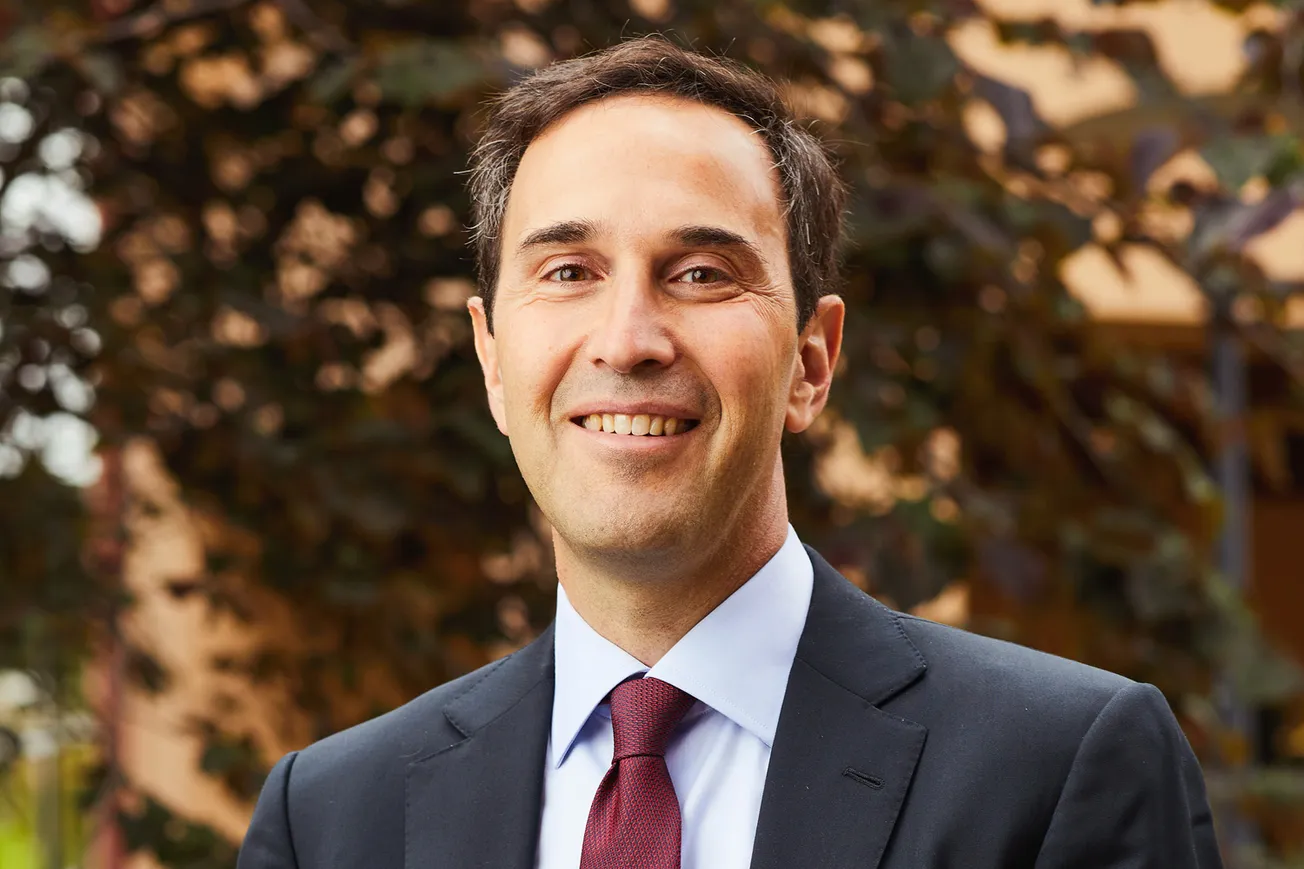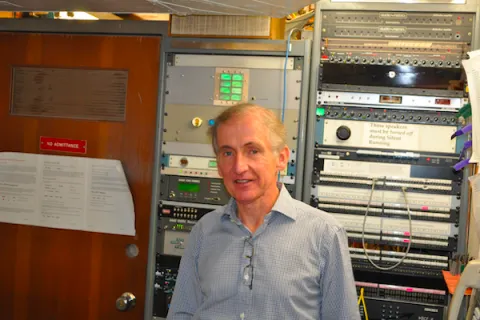Table of Contents
On Sunday, the Associated Students of Stanford University, or ASSU, Stanford’s student government, announced that a “Statement on Divestment” ballot initiative was approved by the student body at large. The referendum—spearheaded by Students Against Apartheid in Palestine (SAAP), an organization formed after the 120-day Sit-In to Stop Genocide was removed in February—demanded that the University divest its endowment from companies involved in “apartheid Israel’s war crimes.”
The “Statement on Divestment” received 2,804 votes in favor, with 74.64 percent of participating graduate students and 72.86 percent of undergraduate students in support. The resolution passed the 15 percent of the student body minimum threshold set by the ASSU constitution.
While not reported, 8.05 percent of graduate students and 12.15 percent of undergraduates abstained on the question. It must be noted that the question itself did not have an option to abstain, and the only way to do so was to skip to the next question on the ballot.
The ballot initiative alone does not have any direct bearing on University policy, but functions as an official poll of Stanford students’ sentiments toward the issue of divestment. In his interview with the Review, Interim President Saller recounted that “there was a petition almost ten years ago, and that petition was denied.”
A senior Stanford official told the Review that, “It’s very sad that a small group of students are focused on unfairly attacking Israel. Stanford has always had a strong relationship with Israeli scholars. I don’t believe the BDS statement on divestment will have any effect on Stanford’s investment policies.”
In a post on Instagram, the SAAP claimed victory and popular support for the “internationally recognized Boycott, Divest, Sanction (BDS) campaign and calling for Stanford to divest its endowment from companies invited in apartheid Israel’s war crimes.” The statement lists Hewlett-Packard, Chevron, and Lockheed Martin as organizations “invested in apartheid Israel’s genocide.”
The SAAP statement also called for the “collective student body to double down our pressure” and to “continue to demonstrate our power and voice until divestment.” It included a call for students to “join the encampment” of pro-Palestinian demonstrators at White Plaza.
The movement to support BDS, of which this resolution is a part, represents a global grassroots effort aimed at pressuring Israel to change its policies toward the Palestinian territories. It emerged in 2005 as a response to Israel's occupation of Palestinian land, its construction of settlements in the West Bank, and its blockade of Gaza, which many see as violations of international law and Palestinian rights.
Supporters of BDS believe that non-violent economic and political pressure—through actions such as boycotts of Israeli products, divestment from companies involved in the occupation, and sanctions against Israel—can help bring about change. However, critics argue that BDS unfairly singles out Israel, ignores complexities of the Israeli-Palestinian conflict, and can be used to delegitimize Israel's right to exist as a nation.
Ultimately, divestment from Israel is unlikely to work. Stanford’s entire endowment of $36.3 billion is barely one percent of Microsoft’s market capitalization of $2.96 trillion, which is a target for divestment. So long as it makes financial sense to buy these stocks, there exist plenty of people indifferent to the conflict’s morality who would jump at the opportunity to buy divested stocks at a discount.
What BDS is likely to accomplish is to make Jewish students feel unsafe on campus. According to the Anti-Defamation League’s 2017 Anti-Semitic Incidents report, there was an 89 percent increase in antisemitic incidents at universities where BDS passed. Divestment makes the procurement of kosher food for Jewish students difficult, as many kosher certification agencies are connected to Israel. The cultural, social, and academic boycott components of BDS would also make it impossible for Stanford students to receive scholarships and grants to travel to Israel, and by extension, the occupied Palestinian territories which are only accessible through Israel.
Above all, the implementation of divestment would make Stanford a less welcoming place for Jewish and Israeli students and faculty members. With the ballot initiative’s overwhelming passage, the mantra of universal inclusion seems to have fallen by the wayside.









